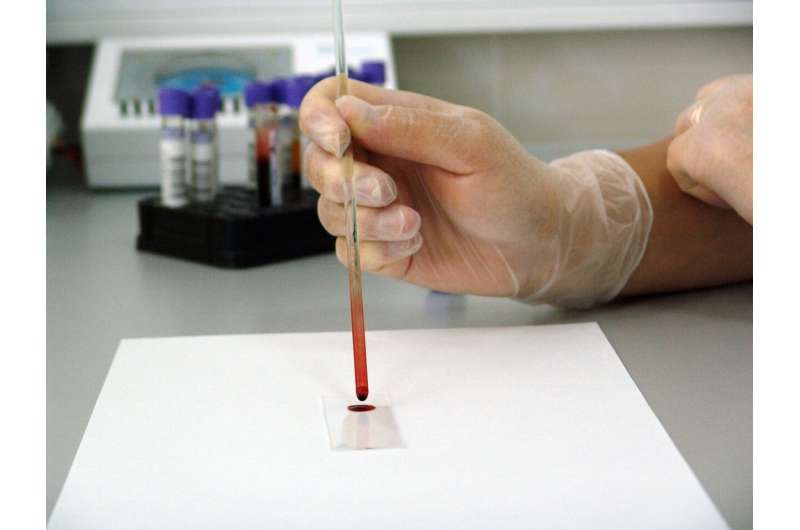Early Opioid Treatment Significantly Reduces Hospitalizations in Children with Sickle Cell Crises

Timely administration of opioids within the emergency department significantly decreases hospitalization rates for children suffering from sickle cell crises, emphasizing the importance of rapid pain management.
A recent study published in JAMA Pediatrics highlights the importance of administering opioids promptly to children experiencing sickle cell crises. Researchers analyzed data from 2,538 pediatric patients under 19 years old across 12 children's hospitals, reviewing 9,233 emergency department visits between 2019 and 2021. The findings show that giving the first dose of opioids within 60 minutes of presentation is associated with a lower likelihood of hospitalization. Additionally, for cases requiring multiple doses, delivering the second dose within 30 to 60 minutes further decreased the chances of admission. Specifically, patients receiving timely initial and subsequent doses had the lowest odds of hospitalization, emphasizing the critical role of prompt pain management. Dr. Ibrahim Gwarzo from Nemours Children's Health stated that effective pain relief and comfort are essential in preventing complications from prolonged pain and stress, which can lead to hospital admissions.
These insights underscore that rapid pain management not only improves patient comfort but also reduces healthcare utilization. Several authors involved in the study disclosed ties to the pharmaceutical industry, ensuring transparency regarding potential conflicts of interest.
For more details, the full study is available in JAMA Pediatrics [DOI: 10.1001/jamapediatrics.2025.2967]. The research underscores the value of timely opioid administration in pediatric sickle cell crisis management, potentially guiding future clinical protocols to enhance patient outcomes.
Stay Updated with Mia's Feed
Get the latest health & wellness insights delivered straight to your inbox.
Related Articles
Neuroscientists Uncover How the Brain Develops and Maintains Habits
New neuroscientific research uncovers a dual learning system in the brain responsible for habit formation, offering potential pathways for treating addiction and Parkinson's disease.
Parents Show Strong Support for RSV Vaccination for Newborns Despite Hesitancy Toward COVID-19 and Flu Shots
A new study reveals that parents largely trust their pediatricians when choosing to immunize their newborns against RSV, despite hesitancy towards COVID-19 and flu vaccines. Trust and effective communication play key roles in ensuring infant health.
Certain Vape Flavors May Enhance Nicotine Reward in Adolescent Mice
Research indicates that flavored e-cigarettes can enhance reward-seeking behaviors in adolescent mice, even without nicotine, highlighting potential addiction risks of flavored vaping products.
Understanding Why Detecting Illnesses Often Requires More Than Just a Few Drops of Bodily Fluids
Discover why most medical diagnoses still depend on larger sample volumes of blood, urine, or saliva to ensure accurate and reliable results, despite advances in testing technology.



